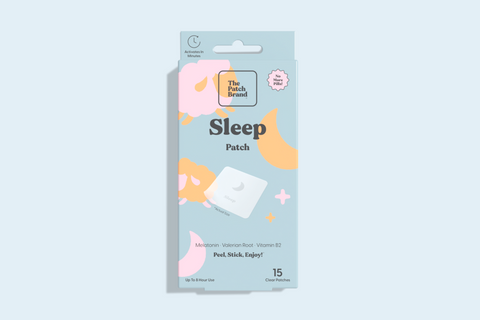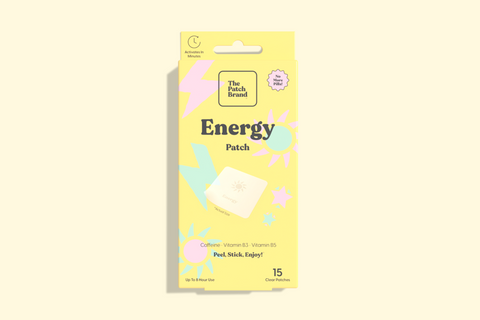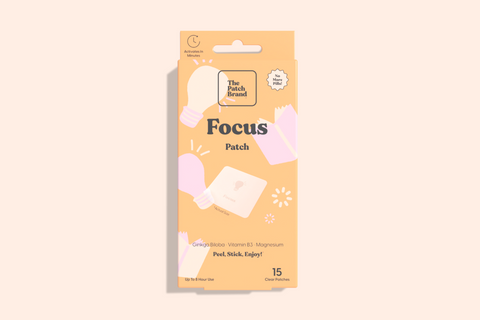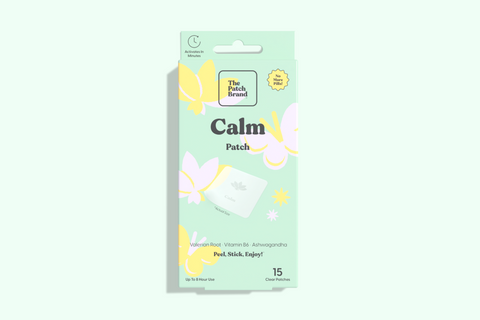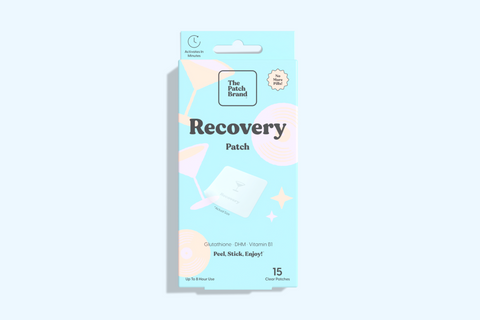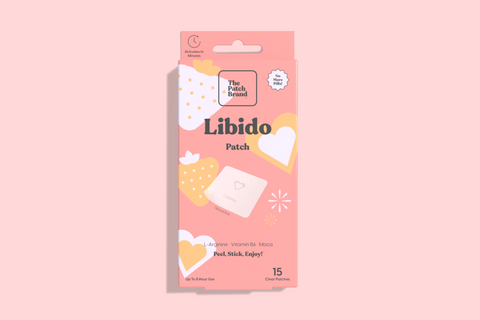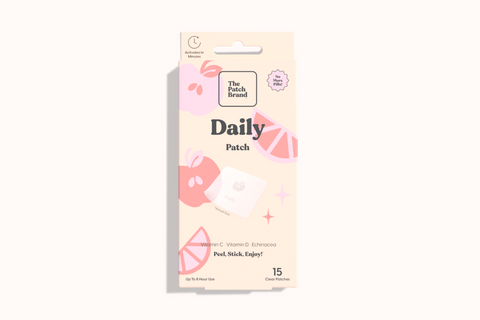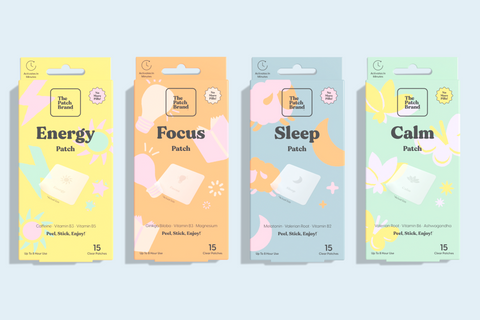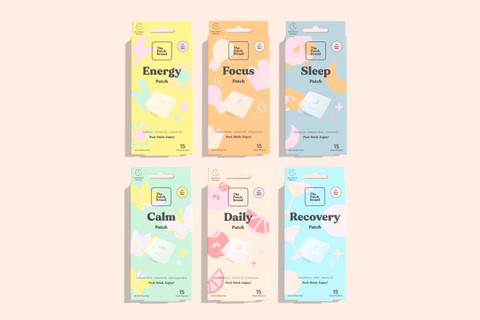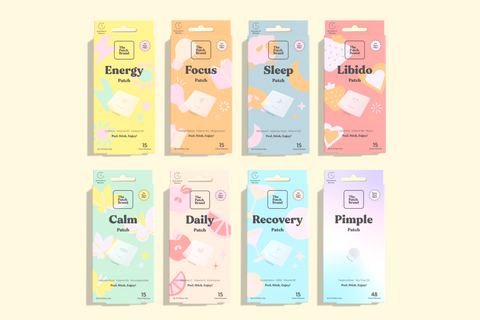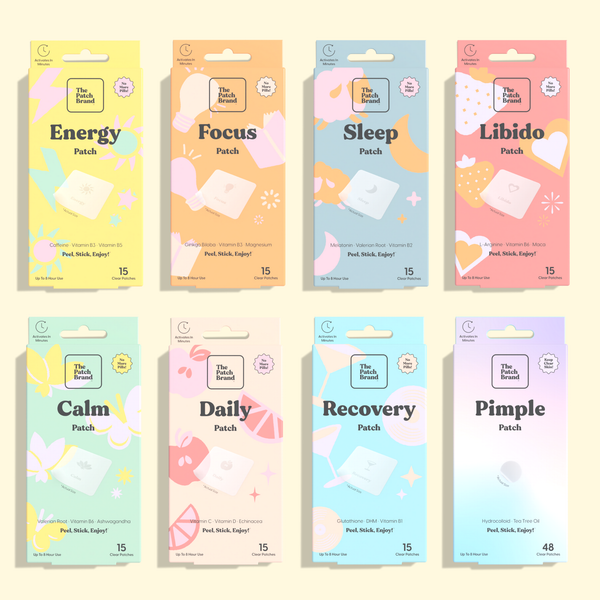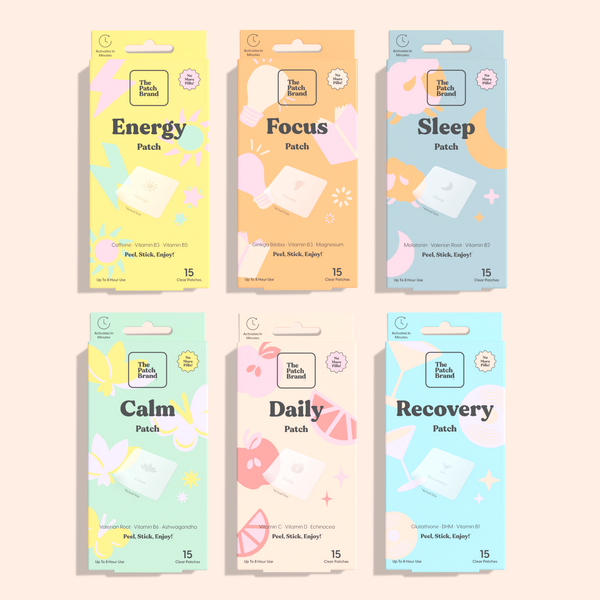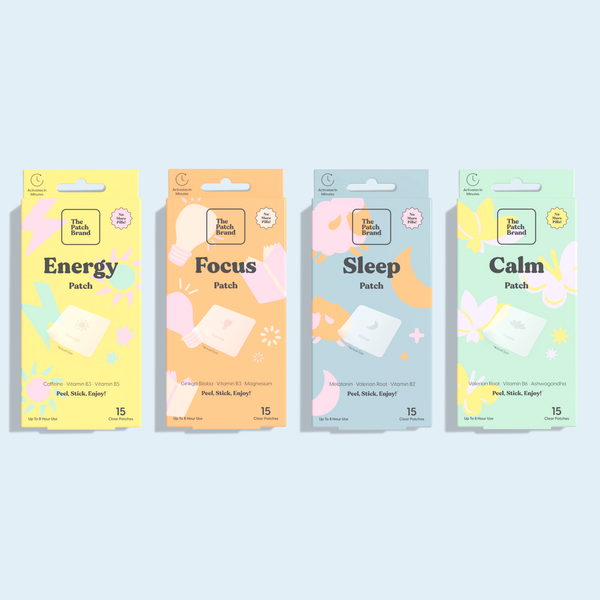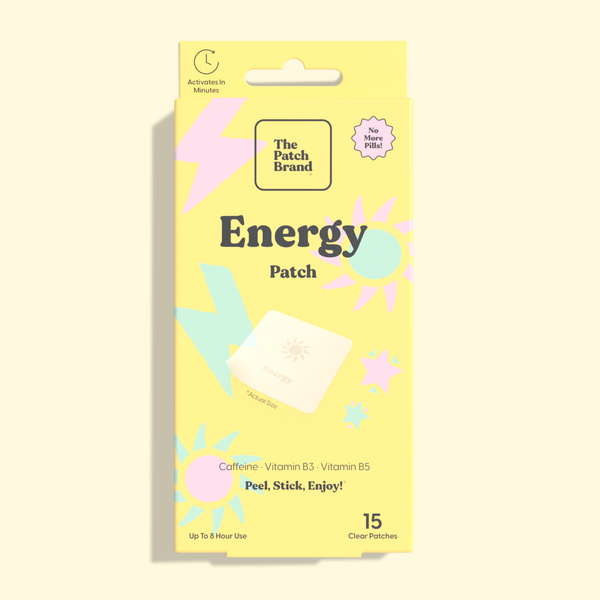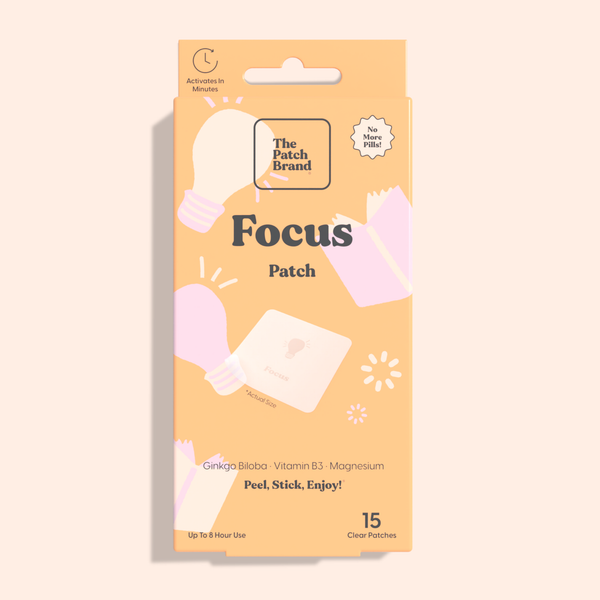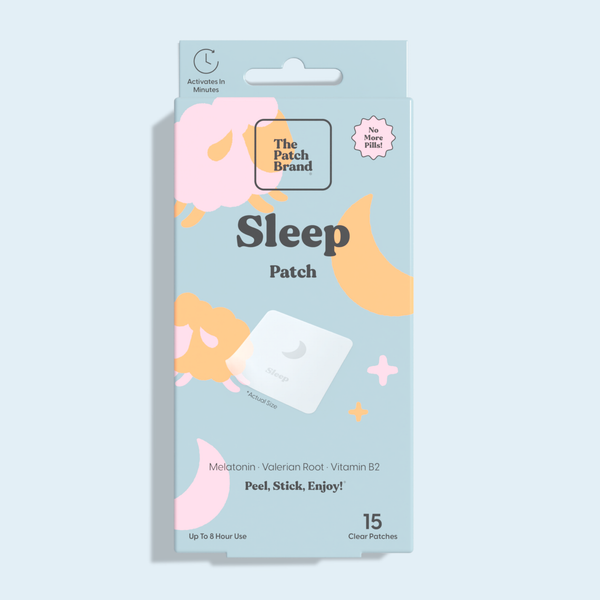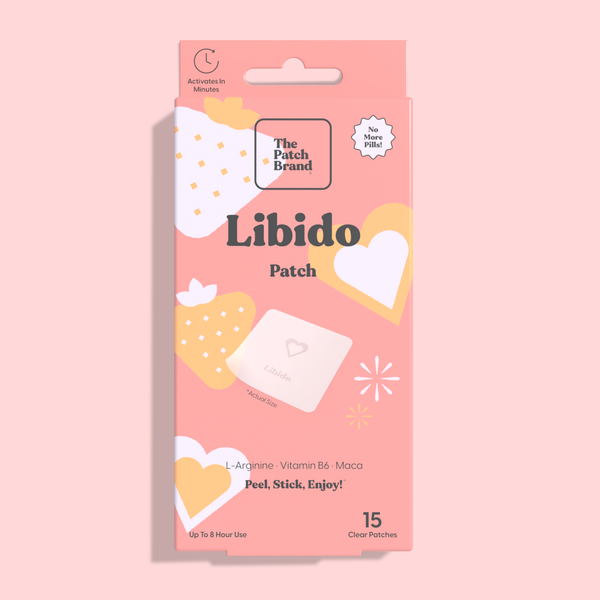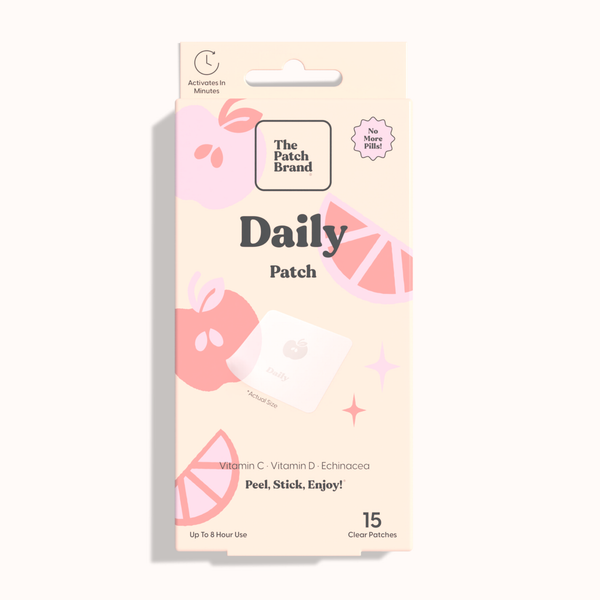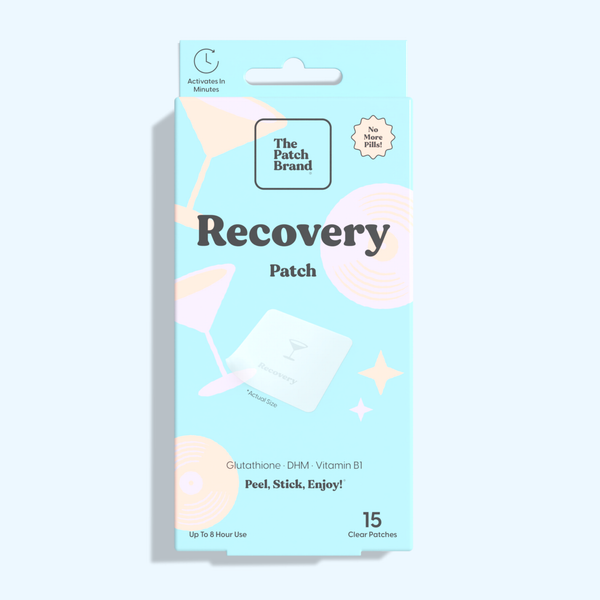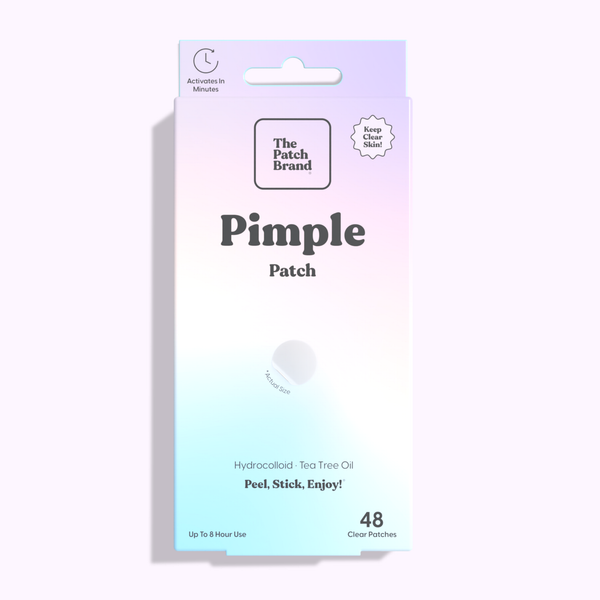What is Vitamin C
Humans are unable to synthesize vitamin C naturally, so it's an essential dietary component. Foods that contain this nutrient include some fruit and vegetables as well as fermented soy products like miso or natto! It can also be found in supplement form at your local grocery store shelves alongside other vitamins & minerals intended for healthy living lifestyles.

Benefits of Vitamin C
You can’t produce vitamin C, but it's an essential nutrient. It has many roles and is linked with impressive health benefits like protecting your cells from free radicals or helping DNA repair itself! Though foods contain some of this important substance (for example strawberries), people often turn towards supplements because their diet may not provide enough sources for optimal intake levels - just remember that any kind will do; even tablet form works well when consumed frequently throughout the day.
Reduces the Risk of Chronic Disease
Vitamin C is an excellent way to strengthen your body’s natural defenses and make it easier for you fight off inflammation. Studies show that consuming more vitamin can increase red blood cell antioxidant levels by up 30%. This helps protect cells from oxidative stress, which has been linked with many chronic diseases such as heart disease or diabetes.
Helps Manage High Blood Pressure
High blood pressure is the leading cause of death globally, and one-third American adults have it. Studies show that vitamin C may help lower your pressures in both people with high readings as well as those who do not currently suffer from this condition. An animal study found relaxant properties for vessel walls which carry blood away from our hearts; by taking supplements like these, you can reduce how hard they are working to pump out toxins.
Lower Risk of Heart Disease
The body is a complex machine that requires many different nutrients in order for it to run smoothly. One important part of this equation can be found right around your neck, as vitamin C plays an integral role with heart health by helping reduce risk factors such as high blood pressure and cholesterol levels which may lead to diseases like coronary artery disease or stroke. A recent study analysis showed those who took at least 700 mg per day had 25% less chance of having a heart disease than those who haven’t taken any Vitamin C supplement.
Vitamin C Deficiency Symptoms?
Vitamin C is a vital nutrient that everyone needs to consume regularly in order not only prevent deficiency but also enjoy its benefits. In developed countries like the United States, where there's always available produce and food products containing this essential vitamins, there are still some people that might be at risk for developing low levels due to lack-of diet or drinking alcoholic beverages frequently which can lead them down an unhealthy path towards severe Vitamin C deficiencies if left unchecked over time .
Rough & Bumpy Skin
Vitamin C is an important mineral for the production of collagen, which can be found in skin tissues like hair and bones. When you don't get enough vitamin C, it could lead to a condition known as keratosis pilaris where bumpy "chicken" chunks form on your upper arms or thighs from build up inside pores primarily because there's not enough protein being produced by cells near these areas. This typically appears after three - five months without intake but will resolve once supplements have been taken.
Spoon Shaped Fingernails with Red Spots or Lines
Spoon-shaped nails are a telltale sign of anemia and might be caused by vitamin C deficiency. The nail bed will show red spots or vertical lines due to weakened blood vessels that easily burst when you cut into them with anything sharp, such as your teeth.
Easy Bruising

When you have a deficiency in your diet, the lack of collagen can lead to easy bruising. This type seems more likely if there is an omega-3 fatty acid problem as well because they both help with vessel strength and production rates for proper skin tone.
How Do Vitamin c Deficiencies Occur?
Vitamin C deficiency is common in developed countries like the United States, where people have easy access to fresh produce and supplements. The most common risk factors for this condition are poor diet or drinking too much alcohol; it can also come from anorexia nervosa (a severe form of self-starvation), mental illness such as schizophrenia/psychosis - which requires proper treatment because they interfere with your mind's ability to function properly.
Smoking
Smokers may have lower levels of vitamin C in their blood than nonsmokers, because they use it up at a faster rate. Additionally smoking also increases the requirement for this essential nutrient by 30%.
Poor Diet
The human body needs vitamin C in order to function properly. A lack of this essential nutrient can cause fatigue, weakness and irritability as well as serious dental problems like gum disease or anemia which might lead into more severe health issues such as scurvy (a deficiency).
Drinking too Much Alcohol
People who drink alcohol regularly can become vitamin C deficient through several different means. In some cases, this may be due to malnutrition or poverty because they neglect themselves so much that their body doesn't have enough food intake for the necessary nutrients needed by cells (which includes vitamins). Another way it could happen is if you suffer from chronic diarrhea which leads to Fraser's disease-like symptoms including Pale Skinned Wrinkles aka " clarity skin ." And finally there are also those folks whose bodies produce less enzymes.
Sources of Vitamin C
As a chemical that supports your immune system and helps the body use iron from food, vitamin C also works to make collagen. This springy type of connective tissue is important for healing wounds as well! There are different foods where you can get Vitamin C.
Here are different food sources of Vitamin C:
Red Pepper
The jalapenos are a great source of vitamin C, with up to 95 milligrams per half cup. They also provide many other vitamins and minerals including A through K as well as potassium!
Kiwifruits
Kiwis are a great way to get your daily dose of vitamin C, with 70 milligrams in each medium kiwi. These fruits also provide fiber and antioxidants that help protect cells from damage.
Strawberries
These delicious strawberry treats are a perfect way to get your daily dose of vitamin C. They're also low in calories and high fiber, so you can feel full without feeling guilty.
Introduction to The Patch Brand

